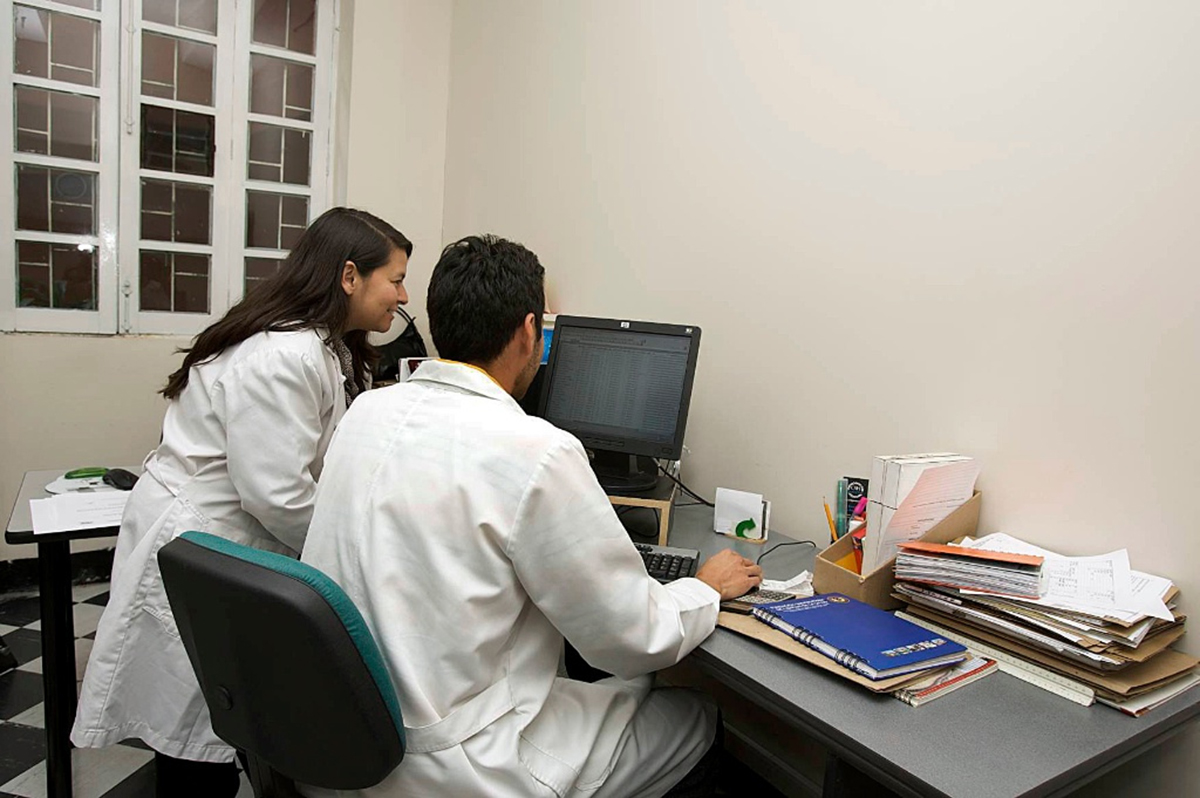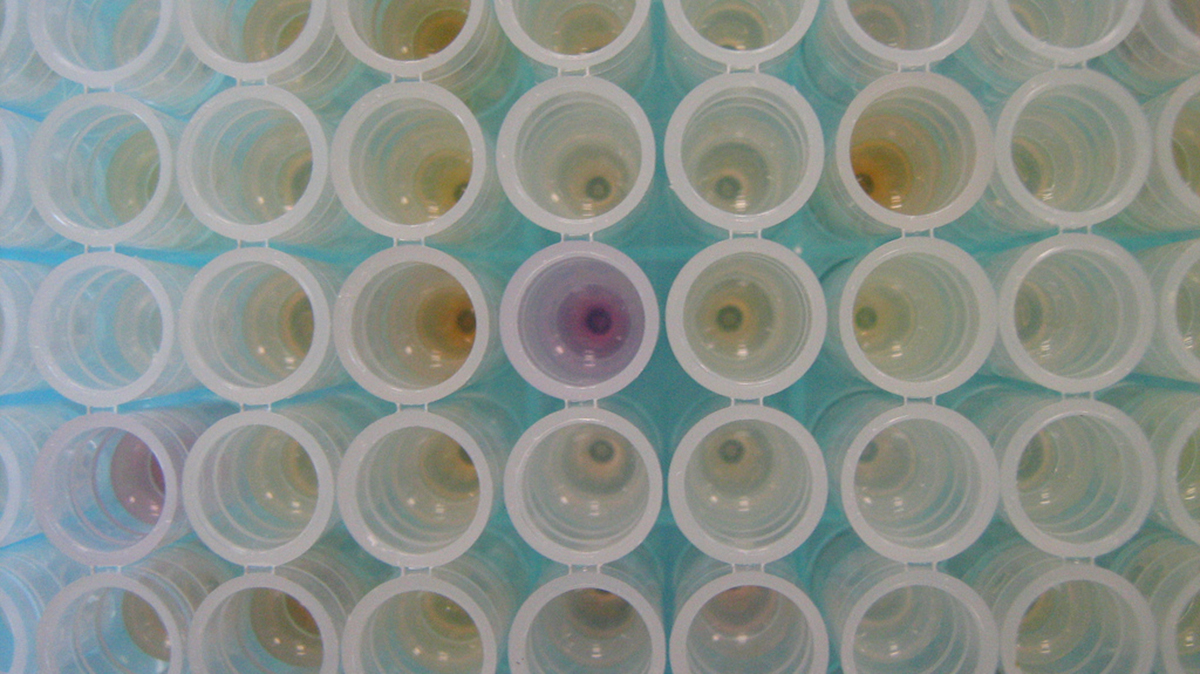If you were fated to have lung cancer, a largely incurable disease, or some other deadly form of cancer, would you really want to know? Here are some of the pluses and minuses associated with new testing methods for lung and other kinds of cancer.
Understanding of the human genome has resulted in a profusion diagnostic tests that were unimaginable even 10 years ago. One direct-to-consumer testing company has even developed a blood test to detect tiny segments of cancer cell DNA in blood tests, offering its tests without the need to see a doctor.
Liquid Biopsy
The California company, Pathway Genomics, has developed a process it calls "liquid biopsy." Instead of opening up a patient to take a sample of tissue, sending the tissue to the pathology lab to be examined under a microscope, and then making a decision about treatment, the liquid biopsy allows for the detection of cancer before it has even formed tumors. Available in 40 countries, the Cancer Detect system scans blood for extracellular DNA to look for mutations that indicate cancer is in its early stages.

Human cells release bits and pieces DNA when they are destroyed. This process occurs when healthy cells reach the end of their life cycle. It happens when healthy cells are injured or infected and then die. It also occurs at an accelerated rate in tumor cells, which multiply rapidly but also die off rapidly.
Circulating bits and pieces of DNA can act as a kind of "distress signal" to tell the immune system intervention is needed, but the immune system does not always get the message, and it cannot always respond.
Each strand of intact DNA contains three million base pairs. There can be millions of bits and pieces of DNA in a blood sample.The
Pathway Genomics system can detect as few as two cancerous mutations in a sample. Liquid biopsy detects cancer at its very earliest stages when just a few cells are affected, when tumors are too small to be detected any other way.
Who May Benefit From Liquid Biopsy?
The makers of the liquid biopsy testing system point out that their technology is best suited for people who are at higher risk for cancer but who have not yet been told they have the disease. After all, by the time you have a full-grown tumor, you don't need an early detection test. There are a number of reasons someone may be at higher risk of cancer, including:
- History of cancer in the family.
- Known presence of a "cancer gene," such as BRCA1.
- Lifestyle choices, such as smoking.
- Environmental factors, such as exposure to radon, uranium, or radiation.
The liquid biopsy can detect 96 different cancer genes, but it doesn't cover every kind of cancer. It is primarily useful for detecting early stages of ovarian, breast, lung, and colorectal cancers, as well as melanoma.
Even when the test comes back positive, that doesn't mean for sure and certain the tested individual has the cancer.
Gene mutations don't occur in every case of cancer. Almost no mutation is found in more than about 50 percent of cases of a particular kind of cancer. However, a series of gene mutations all related to the same kind of cancer indicate that further action is needed. Individuals can order the tests through their doctors, or on their own accounts with the testing company. Most national health plans don't pay for the test, but some American and Japanese health insurance companies do. The cost is about $300 to $500 a year if you get testing once a year or $700 for one-time-only testing.
Do You Really Want To Know Whether You Are Getting Cancer?
Doctors point out that the Pathway Genomics system is a major innovation, but it's not the end-all of cancer diagnosis. There are certain kinds of tumors, such as colon polyps, that do not break down and send fragments of DNA into the bloodstream. They would not be detected by a liquid biopsy.
The other concern about liquid biopsy is the simple fact that changes in DNA do not always mean cancer. Sometimes there are normal, natural variations in DNA between individuals that tend to be associated with cancer but that do not always lead to cancer. The more genetic markers one has for cancer, the more likely one is to have active cancer, but it is possible to have just one or two mutant genes and have cancer and to have several mutant genes and not have cancer. This test is not perfect.

Given the uncertainties inherent in the system, does it make sense, if you can afford it, to have annual blood tests for early signs of cancer?
Here are the pro's:
- No form of cancer is 100 percent fatal. Getting an early start on treatment, even for a kind of cancer that is still usually fatal, increases the chances of being one of its survivors. Getting an early start on treatment also means that you will be healthier and have fewer side effects when you start your treatment.
- Detecting genetic markers of cancer allows you to alert family members to the possibility that they also need monitoring.
- The longer you know you have cancer, the longer you have to plan your treatment in ways that minimize disruption to your life.
- The earlier you know you have cancer, the more likely you are to be able to participate in clinical trials and to pursue legitimate natural treatments.
- The sooner you know you have cancer, the more control you will have over your own destiny, making sure that your treatment is conducted according to your wishes.
There are corresponding negatives about cancer testing.
- Cancer is a devastating diagnosis. It's hard to maintain a positive outlook on your life when you have cancer, especially when you have a form of cancer that is hard to treat.
- Family members don't want to know you have cancer, and they usually don't want to know that they are at greater risk for their own cancers, either. At worst, your family members may shut you off when you share your cancer diagnosis with them.
- Planning for a good life is uplifting, but planning to be sick is a major downer. It's hard enough to deal with cancer without having to deal with depression, too.
For me, the scales tip in favor of early detection. An early diagnosis gives you the heads up that you need to pursue your bucket list, that you need to live as fully as you can while you can. If you get sick later, you will be glad you did the things you enjoy, and if you don't, you can just continue doing them.
- Julie Steenhuysen, "Pathway Launches 'Liquid Biopsy' to Find Cancer in Healthy People," Reuters Health Information. 11 September 2015.:
- Photo courtesy of PAHO/WHO via Flickr: PAHO/WHO
- Photo courtesy of PAHO/WHO via Flickr: PAHO/WHO
- Photo courtesy of col&tasha via Flickr: www.flickr.com/photos/col_and_tasha/5021269862


Your thoughts on this